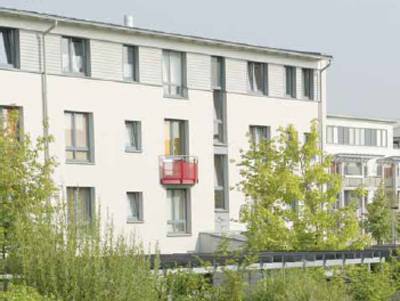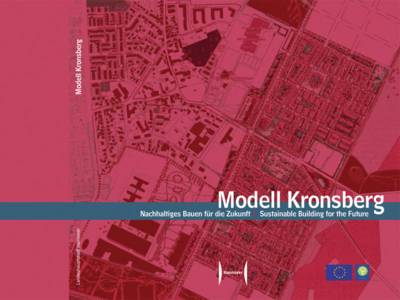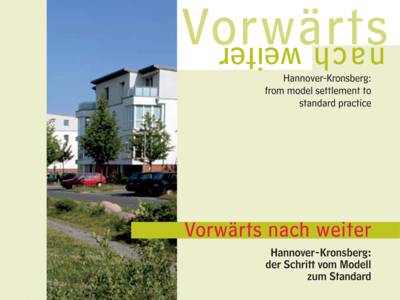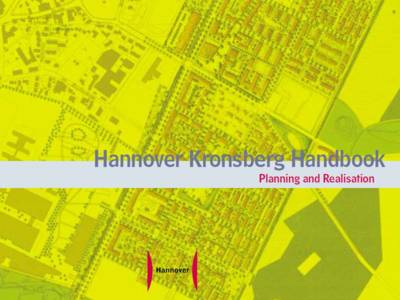Kronsberg Model - Ecological Building for the Future
An example of the most modern ecological construction and habitation.
Fachbereich Umwelt und Stadtgrün der Landeshauptstadt Hannover
Arndtstraße 1,
30167 Hannover
30167 Hannover
+49 511 168-43611
+49 511 168-43689

 Deutsch
Deutsch
 English
English
 中文
中文
 Danish
Danish
 Eesti
Eesti
 Español
Español
 Suomi
Suomi
 Français
Français
 Italiano
Italiano
 日本語
日本語
 한국
한국
 Nederlands
Nederlands
 Norge
Norge
 Polski
Polski
 Portugues
Portugues
 Русский
Русский
 Svenska
Svenska
 Türkçe
Türkçe
 العربية
العربية
 Romanesc
Romanesc
 български
български
 © LHH
© LHH © Landeshauptstadt Hannover
© Landeshauptstadt Hannover © LHH
© LHH © LHH
© LHH